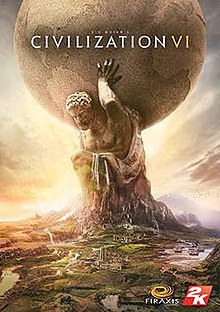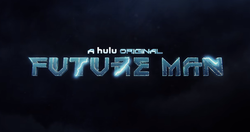 Bury What We Cannot Take by Kirstin Chen
Bury What We Cannot Take by Kirstin ChenMy rating: 4 of 5 stars
What a depressing view of human nature is shown in Bury What We Cannot Take, and I thoroughly enjoyed it.
Bury What We Cannot Take is set in late 1950s China, under Mao Zedong and the Chinese Communist Party. The Ong family, who were well-to-do business owners in pre-Communist society, find they've waited too long to leave. Split by the closed Chinese border, they try to reunite in Hong Kong, but must find a way to convince the Communist Party to let them go. It does not go smoothly.
I'm no expert on the history involved here, but I know the basics. The China depicted in this novel is extremely harsh, practically unlivable for anyone not connected to the Communist Party. Which from everything I've read seems pretty accurate, though the timing may be slightly off. The book takes place before the Cultural Revolution in the 1960s, but there's a lot of elements in the book that seem taken from that era. Chen says in her Acknowledgements section that she's used history where it fits the story, so I suspect she knew exactly what parts may have been out of place but chose to go with the better story. Which I have no problem with, it certainly worked for me.
The back cover of the dust jacket has some quotes that include "beautifully written", "suspenseful", "engrossing historical fiction"...all true. But I think they missed a very important descriptive point, which is that all the main characters are kind of jerks. Well, maybe not San San. But I didn't like any of the others, who professed great love for family and concern for those around them, then failed to act accordingly.
Which is where that "depressing view of human nature" part comes in. The family made some really bad choices, particularly the father and son. Though they may have struggled through some of the consequences, it's clear there's plenty still to process. There's no fairy tale happy ending here, at least in terms of the personal relationships and emotional impact on the entire family.
Jerks or not, I very much enjoyed reading Bury What We Cannot Take and everything is has to say about family, culture, and the human tendency to make terrible choices. I think most anyone would enjoy this one.




